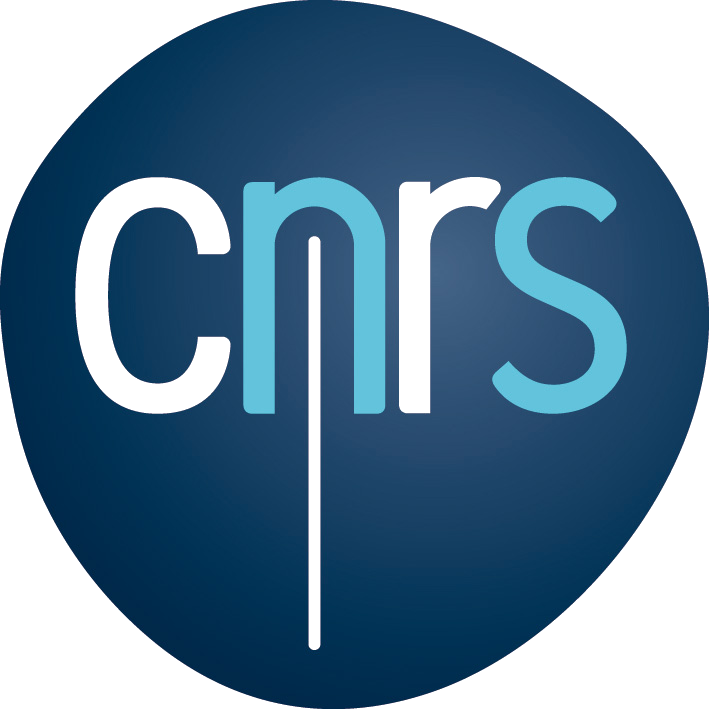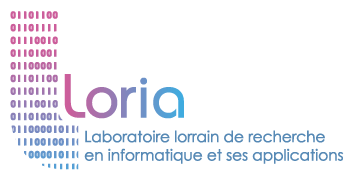[Baevski et al., 2020] A. Baevski, H. Zhou, A. Mohamed, and M. Auli. Wav2vec 2.0: A framework for self-supervised learning of speech representations, 34th Conference on Neural Information Processing Systems (NeurIPS 2020), 2020.
[Chan et al., 2016] W. Chan, N. Jaitly, Q. Le and O. Vinyals. Listen, attend and spell: A neural network for large vocabulary conversational speech recognition. IEEE International Conference on Acoustics, Speech and Signal Processing (ICASSP), 2016, pp. 4960-4964, 2016.
[Chorowski et al., 2017] J. Chorowski, N. Jaitly. Towards better decoding and language model integration in sequence to sequence models. Interspeech, 2017.
[Houlsby et al., 2019] N. Houlsby, A. Giurgiu, S. Jastrzebski, B. Morrone, Q. De Laroussilhe, A. Gesmundo, M. Attariyan, S. Gelly. Parameter-efficient transfer learning for NLP. International Conference on Machine Learning, PMLR, pp. 2790–2799, 2019.
[Gulati et al., 2020] A. Gulati, J. Qin, C.-C. Chiu, N. Parmar, Y. Zhang, J. Yu, W. Han, S. Wang, Z. Zhang, Y. Wu, and R. Pang. Conformer: Convolution-augmented transformer for speech recognition. Interspeech, 2020.
[Shi et al., 2021] X. Shi, F. Yu, Y. Lu, Y. Liang, Q. Feng, D. Wang, Y. Qian, and L. Xie. The accented english speech recognition challenge 2020: open datasets, tracks, baselines, results and methods. IEEE International Conference on Acoustics, Speech and Signal Processing (ICASSP), pp. 6918–6922, 2021.





